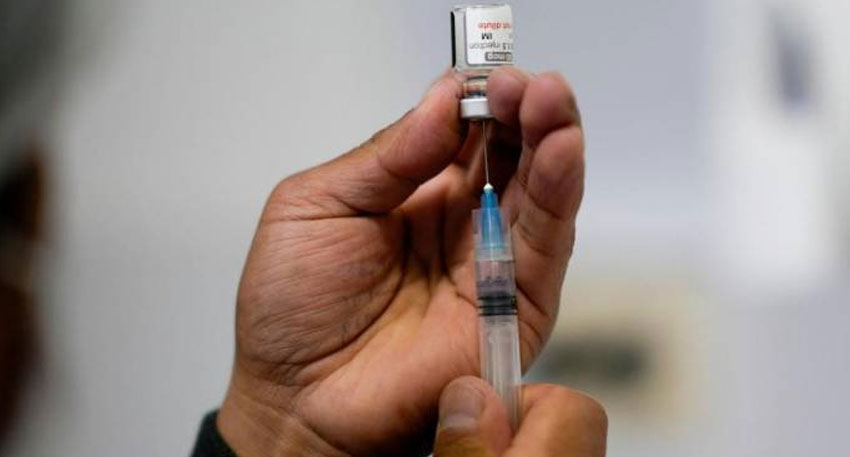
New research suggests that widely used COVID-19 mRNA vaccines, like those from Pfizer and Moderna, may provide unexpected benefits for certain cancer patients by enhancing their immune response against tumors.
A study led by researchers at MD Anderson Cancer Center and the University of Florida found that patients with advanced lung or skin cancer who received an mRNA COVID-19 vaccine within 100 days of starting immunotherapy lived significantly longer than those who were unvaccinated. The results, published in Nature, indicate that the mRNA technology may improve the effectiveness of checkpoint inhibitors — cancer drugs that help the immune system recognize and attack tumors.
“This vaccine acts like a siren to activate immune cells throughout the body,” said Dr. Adam Grippin of MD Anderson. “We’re sensitizing immune-resistant tumors to immune therapy.”
Unlike flu vaccines or other non-mRNA vaccines, the COVID-19 mRNA shots contain messenger RNA, which instructs cells to produce proteins that stimulate a stronger immune response. This may help overcome the ability of some tumors to hide from immune detection.
The team analyzed nearly 1,000 advanced cancer patients undergoing checkpoint inhibitor treatment and found vaccinated lung cancer patients were nearly twice as likely to survive three years after starting therapy. Melanoma patients also showed improved survival rates.
Also Read: Police escort night convoys on M-5 to protect motorists from Katcha Dacoits
While mRNA vaccines are best known for their role in fighting COVID-19, this study highlights their potential to enhance cancer treatment. Researchers plan further clinical trials to explore combining mRNA vaccines with immunotherapy.




